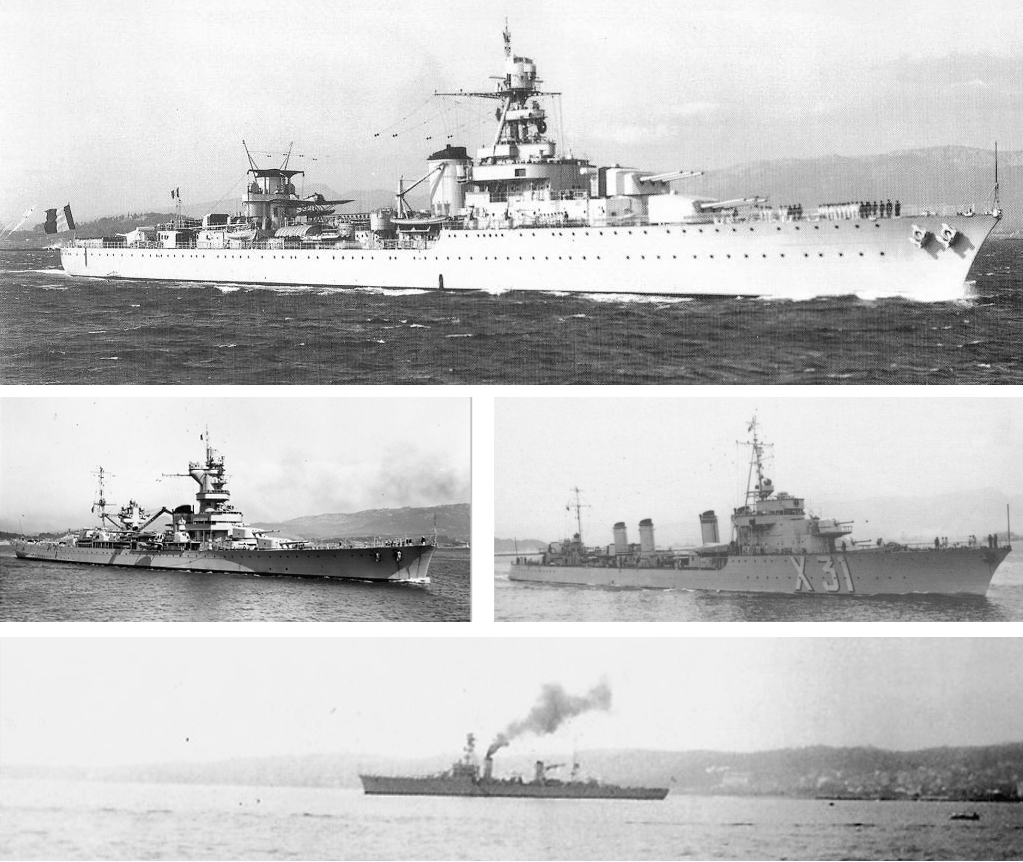Just a note to say I'm following and enjoying the new additions. I must say, with WWII about to explode...in both AARS I am tracking? I am eagerly awaiting Battle to come to the fore. Seems I am becoming more a Viking in HoI3 too.
I'm glad to have you reading. Perversely, the added narrative, which I really enjoy writing once I got into it, is both keeping things interesting and slowing down progress towards the GPW... But you do get some new tales while we all patiently (or anxiously) wait for war to come...
A very engaging and well researched travelogue! It will be interesting to find out Odin's assessment of the Far East defences - I always find it discordant that Nationalist China (when left to its AI devices) is always neutral by the time 1941 rolls around and thus Japan usually feels free to hit the Soviets and has plenty of forces to do so ...
Research does take time, especially finding information and appropriate pictures of small places in Siberia... but it was fun to do, and as a lot was happening in those few days, and I had been looking for an excuse to make 'Odin' travel East (there was a request from Eurasia, but I had been waiting for the right moment for a while). If you want to know, the temperatures are the actual temperatures in those locations in the game, at the mentioned time on the mentioned day... The update was thus mapped out before I knew about the DOW on Greece.
About Nationalist China, it's interesting to note that early versions of HOI3 didn't have the event where China hands Japan the Coast, and AI Japan would either slowly conquer the whole of AI China, or it would end in a vicious war of Attrition. Both made Japan unable to launch into a war with the SU in 1941, it could happen in 1942 though. The priority of old HOI3 Japan was really the pacific, and Japan tended to declare war on the Allies sooner, and start taking Indonesia and Singapore (as soon as they got Indochina). In my game, I would expect the real Japan to be taking over Indochina and Indonesia, as both France, and the Netherlands are clearly quite easy prey without their main industrial base, and the UK is otherwise occupied in North Africa, which would then give Japan the opportunity to take out Malaysia, Siam, Hongkong and Singapore. But, I have noticed that this kind of thing is quite unlikely in TFH, while an Eastern attack on the SU is more likely... (well, for Singapore the Japs have until February 1942, or they will have been doing less well than in real life...
Excellent.
Btw, nice map-tweak.
Thank you, I will try to keep up the excellence...
About the map: I feel like Paradox didn't really put in much of an effort for the Terrain map mode. I love the whole setup of the many map modes, but I spent little more than half an hour in open-source image treatment software (GIMP2 if you want to know), and in my opinion (yours too it seems), it looks better than the original. And I'm far from a specialist in these things, I only had a basic course on the subject as I only need to use this kind of software to spruce up my presentations and for this AAR. I'm sure that if a couple of graphic designers (or even one talented guy) had spent an hour or two on the colours and the contrast of the map, they could have made it look quite a bit better. It looks all right when you're zoomed in, but when you zoom out it just doesn't work very well.
What might have gone wrong is that they tried to make it a hybrid between a map and a satellite image, had they chosen one or the other, it would have been fine, but the mash up is probably why it's neither here nor there, and a bit weird to look at. What I tried to do is push it more towards the map end of the spectrum, making the colours pop more, and increasing the contrast.
Finally, what do the external members of the Committee think about putting in place economic sanctions on the Axis, more specifically ending all Rare Materials exports to Axis Nations involved in the Greek War?
Until the next update...
















